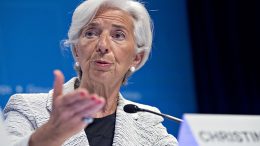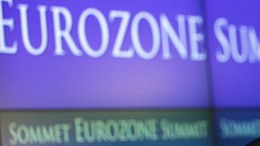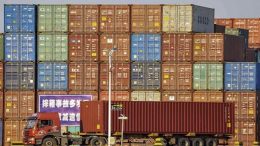Are Italy’s Days In The Eurozone Numbered?
Asad Zangana (Schroeders) | Many economies are facing a deep recession as a result of Covid-19, but Italy went into this crisis in a more precarious situation than most. The country stands out as the most likely candidate to exit the eurozone for several reasons. First, with gross debt estimated at 135% of GDP in 2019, it faces a significant challenge in both servicing its debt, but also refinancing it.










